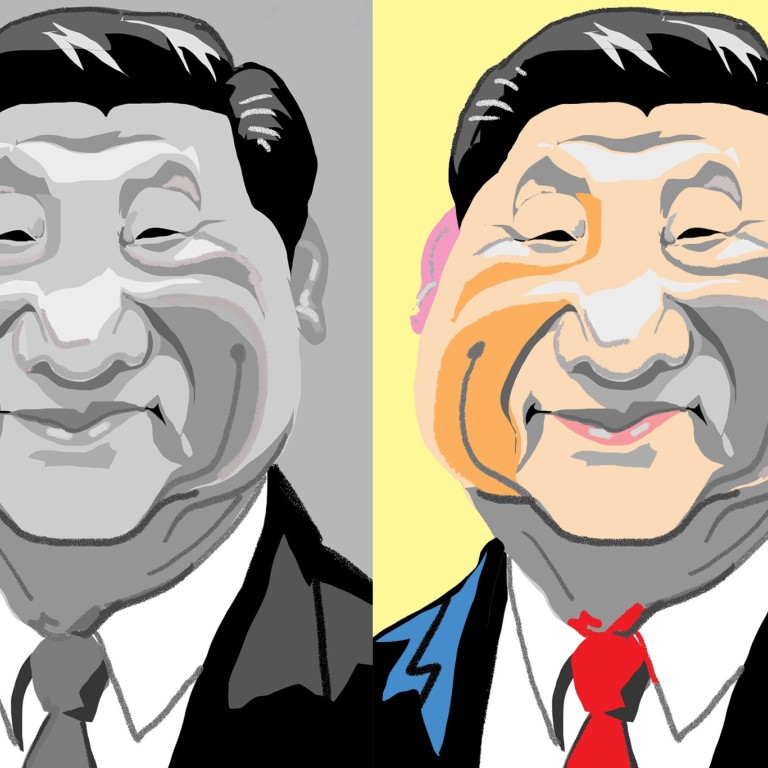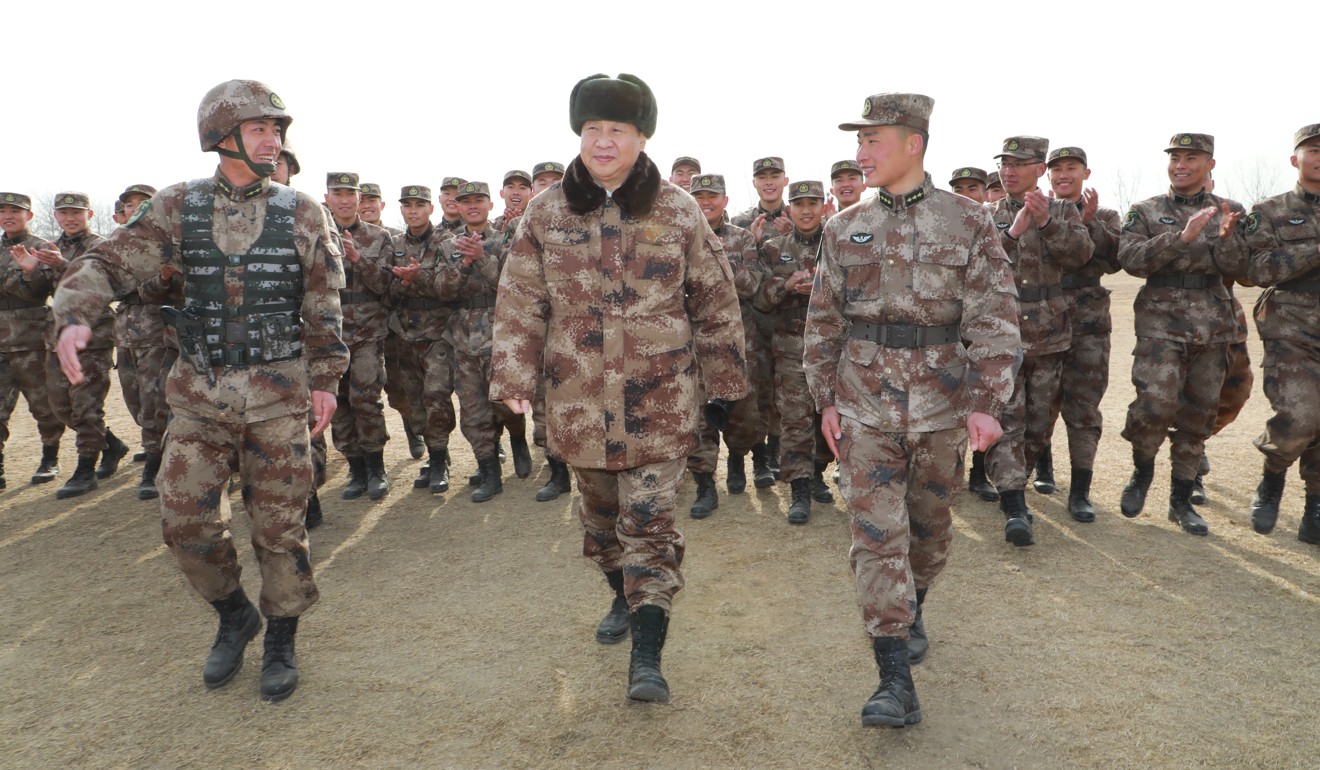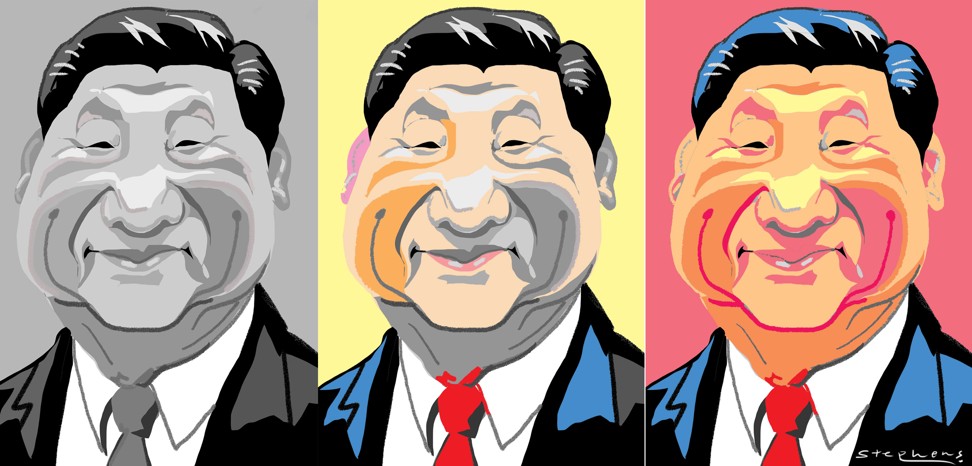
Getting to know the real Xi Jinping could mean preventing a conflict
Tom Plate says the Chinese president is not as humourless, as vain or as aggressive as Westerners have been led to believe
The irony was that Lee was a fascinating man, anything but coldly humourless, as the West’s impression of him had it, with a global profile resulting not just from what he said but how he said it.
He entirely missed the point about “eccentricity”. How is it possible to understand any leader’s talents in the absence of sense of character?
For China, a fine line between ‘Great Leader Xi’ and ‘Xi, the great leader’
My favourite Xi-whizz moment (all comments in translation) came during a (presumably dreadfully boring) conference on the (presumably fast-declining) water quality of a lake in Jiangsu, once a popular vacation spot. Breaking into a dreary presentation on new policies for the lake, (a presumably bored) Xi interrupted to say, wryly: “We can determine the water quality by whether our mayors want to swim there.”
This is the “Xi Jinping Combo”
What the pictures in Xi Jinping’s office reveal about his feelings towards Hong Kong
All this is not to suggest that Xi is quite ready for a celebrity stand-up appearance in a Hollywood comedy club. But this man of international mystery would appear to have his moments – and with the impossible job that he has, might not as many light moments as possible be in the interest of his inner calm, not to mention world peace?
Public comments gleaned from China’s social media are often complimentary, of course: “Compared to the other Chinese leaders, Xi Jinping has a unique style of language … Some people say that his words are full of humour and charm, full of confidence and assertiveness.”
First he swept up corrupt officials. Now Xi is tightening party control

As China beats its war drum, who should hear its call?
Or, imagine, in a shoot-out at sea, all three Chinese carriers are sunk but somehow manage to take down twice as many US carriers. The US would still have six.
China’s hi-tech missile ambitions are marching ahead at warp speed
Simplifying China will in no way prove helpful, and dehumanising its leader could prove no laughing matter.
With respect to Lee Kuan Yew, it’s not a matter of black and white: colourations count for a lot.
Columnist Tom Plate is editor-in-chief of Asia Media International (asiamedia.lmu.edu), the online publication of Loyola Marymount University in Los Angeles. Translations by Asia Media staffer Yi Ning Wong


